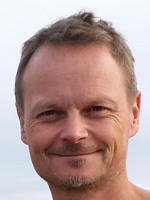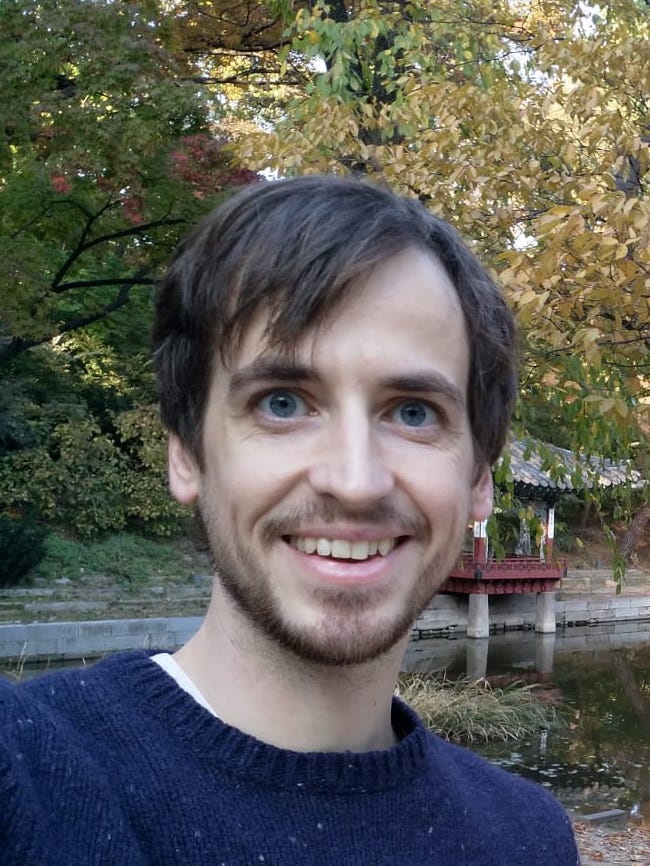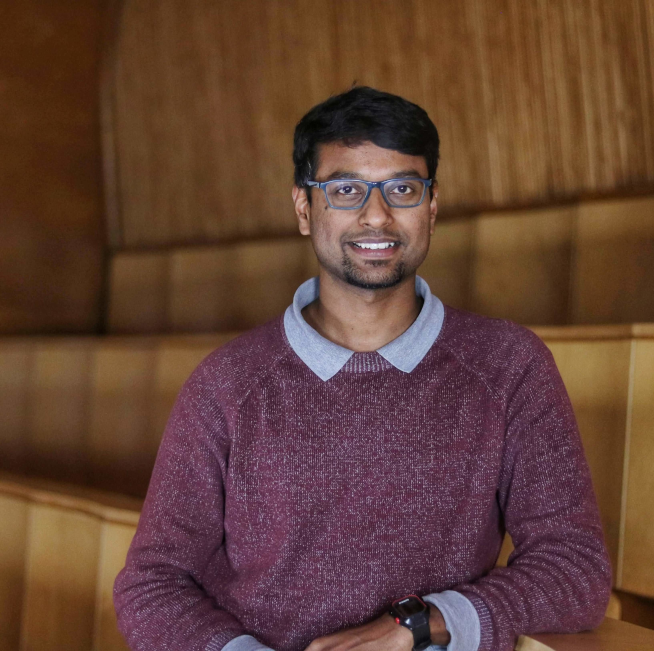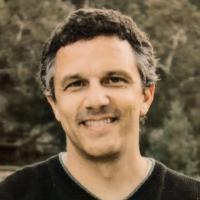The summer school will consist of lectures and exercises arranged by leading experts within the field of inverse problems.
Programme
A preliminary programme is available here:
Recordings of lectures will be able soon.
Speakers
J. Andreas Bærentzen (DTU)

Andreas Bærentzen is an associate professor in computer graphics at the Department of Applied Mathematics and Computer Science at DTU. He received his MSc Eng and PhD degrees from the Technical University of Denmark in 1998 and 2003 respectively. Andreas’ research interests are computer graphics, in particular the modelling and manipulation of shapes and real time graphics. He is especially interested in representing shapes in ways that allow for topological adaptivity, interactive modeling, and efficient geometry processing.
Rasmus Paulsen (DTU)

Rasmus R. Paulsen is an associate professor at the Section for Visual Computing at DTU Compute.
Rasmus’ research interests include surface based medical image analysis, computational geometry, deep learning, geometric deep learning and the application of advanced image analysis in clinical environments.
Traditionally medical image analysis has tackled problems in 2D images coming from for example X-ray machines or 3D images from computed tomography or magnetic resonance machines. Consequently, many algorithms working on volumetric data have been developed. An example is image registration where pre- and post-operative scannings are aligned and compared for evaluating surgery outcome. An alternative representation is surfaces that for example can represent boundaries between anatomies. Surfaces can also come directly from surface scanners (of for example the human face). My primary research focus is the analysis of surfaces from the medical domain.
Recently, deep learning has been applied to meshes and a new area of research named geometric deep learning has emerged. We have a strong focus on this research area and are applying geometric deep learning to for example face analysis and to plan cardiac interventions.
Erik Bekkers (University of Amsterdam)

Erik Bekkers is an assistant professor in Geometric Deep Learning in the Machine Learning Lab of the University of Amsterdam (AMLab, UvA). Before this he did a post-doc in applied differential geometry at the dept. of Applied Mathematics at Technical University Eindhoven (TU/e). In his PhD (cum laude, Biomedical Engineering, TU/e), he developed medical image analysis algorithms based on sub-Riemannian geometry in the Lie group SE(2) using the same mathematical principles that underlie mathematical models of human visual perception. Such mathematics find their application in machine learning where through symmetries and geometric structure, robust and efficient representation learning methods are obtained. His current work is on generalizations of group convolutional NNs and improvements of computational and representation efficiency through sparse (graphs) and adaptive learning mechanisms. Erik is a recipient of a MICCAI Young Scientist Award 2018 and a VENI personal research grant (awarded by the Dutch Research Council (NWO)).
Stefan Sommer (DIKU)

My research focus is on modeling and statisttics of non-linear data with application to shape spaces, functional data analysis, and image registration. This includes foundational and algorithmic aspects of statistics on manifold valued data, and computational modeling and statistical analysis of deformations occuring in computational anatomy.
Raghavendra Selvan (DIKU)

Raghavendra Selvan (Raghav) is currently an Assistant Professor at the University of Copenhagen, with joint responsibilities at the Machine Learning Section (Dept. of Computer Science), Kiehn Lab (Department of Neuroscience) and the Data Science Laboratory. He received his PhD in Medical Image Analysis (University of Copenhagen, 2018), his MSc degree in Communication Engineering in 2015 (Chalmers University, Sweden) and his Bachelor degree in Electronics and Communication Engineering degree in 2009 (BMS Institute of Technology, India). Raghavendra Selvan was born in Bangalore, India.
His current research interests are broadly pertaining Bayesian Machine Learning (with a focus on Medical image analysis), Graph-based learning, Tensor networks, Approximate Inference and multi-object tracking theory.
Serge Belongie (Pioneer Center/Cornell Tech)

Serge Belongie received a B.S. (with honor) in EE from Caltech in 1995 and a Ph.D. in EECS from Berkeley in 2000. While at Berkeley, his research was supported by an NSF Graduate Research Fellowship. From 2001-2013 he was a professor in the Department of Computer Science and Engineering at University of California, San Diego.
He is currently the Andrew H. and Ann R. Tisch Professor in the Department of Computer Science at Cornell University and an Associate Dean at Cornell Tech. His research interests include Computer Vision, Machine Learning, Crowdsourcing and Human-in-the-Loop Computing. He is also a co-founder of several companies including Digital Persona, Anchovi Labs and Orpix. He is a recipient of the NSF CAREER Award, the Alfred P. Sloan Research Fellowship, the MIT Technology Review “Innovators Under 35” Award and the Helmholtz Prize for fundamental contributions in Computer Vision.